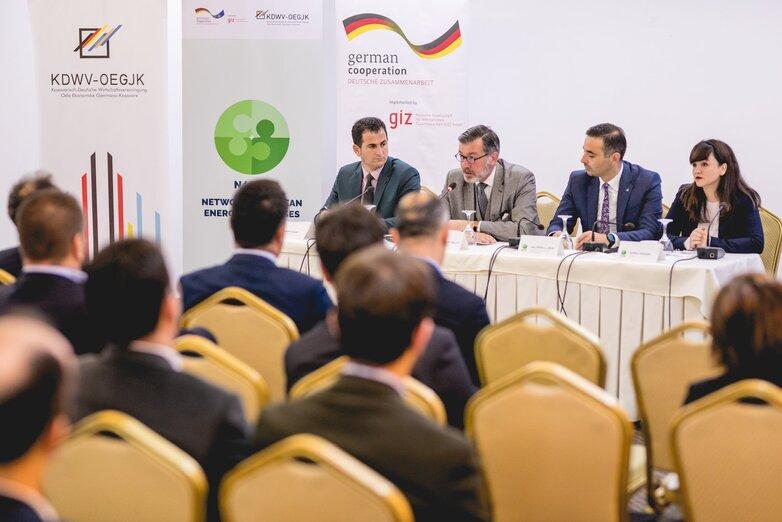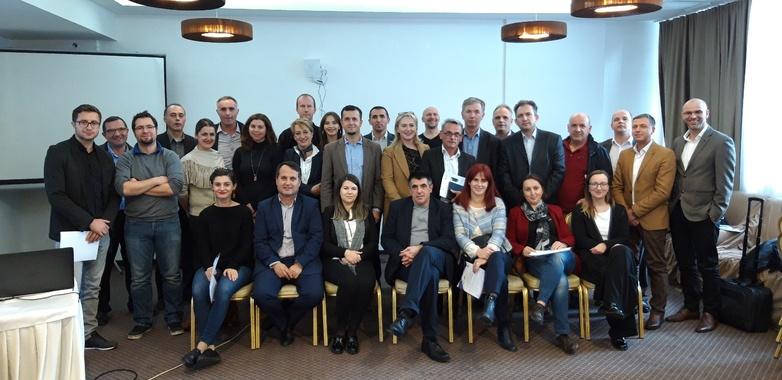Context
Ensuring a reliable and affordable energy supply in the country is a high priority for the Government of Kosovo and a necessity for economic growth. However, the country is facing enormous challenges from a rising demand for electricity and heating, while the existing power plants have limited capacities and are showing supply bottlenecks. Currently, 96 per cent of electricity is generated from old and inefficient lignite-fired plants, which cause high levels of pollution. Nearly 40 per cent of the energy is used by the residential sector. If compared to the EU average, the demand of energy per square metre in Kosovo is twice as high.
Energy efficiency (EE) is commonly considered the “first fuel” of economic development, with its energy savings completely eclipsing most forms of generation costs. For Kosovo, the increase in EE is therefore an important goal. As a member of the EU Energy Community, the country has committed itself to implement the energy chapter of the EU aquis. Hence, by 2030 the Government of Kosovo is aiming to reduce energy consumption by 32.5 per cent compared to projections, in orientation to the EU energy efficiency target.
Objective
The project improves the capacities of relevant actors for the efficient implementation of Energy Efficiency (EE) measures. Central level institutions and municipalities have successfully improved the normative and regulatory framework for the development of the EE sector. This includes national building standards and other mechanisms such as sustainable municipal energy planning, a system for energy auditing and the energy certification of buildings, inspection of heating, ventilation and air conditioning (HVAC) systems, and energy management.

